First of all I must say that I enjoy very much reading www.tennisplayer.net.Why?Because I am very interested in competitive tennis, and by reading different articles I learn, test or clarify certain things.No other website provide such experience.
As I said, I am very interested in competitive tennis (the higher the better, more challenging).
In bringing someone to competitive tennis there two parallel processes:
1.One is coaching tennis which includes developing tennis technique/tactic,physical conditiong, and psychological conditiong, and
2.Managing whole process which includes:when to start with tennis,how to divide time between tennis and other activities, when to start tournaments, and when to move from one level of tournaments to the next,when to turn pro etc.
Both processes are very important, and how well they are done play crucial role in how far one person will go in competitive tennis.
To bring a child to competitive tennis it is not just so difficult because of complexities of tennis as a sport, but as well because in each of group of processes there are so many decisions to be made which consequences are not visible right away, but will in long run determine difference between success and failure.
In this thread I would like to start debate whether you advocate speed up or progressive type of developing competitive tennis player (professional tennis player)- advantages and disadvantages.
Development of competitive tennis player is speed up development anyway (there is limited time available), but by speed up development I mean such development that a child is led in such way that is very early established on tennis map (attracts potential sponsors, and athlete management companies - Hingis,Capriati,Williams) to more progressive approach (more in tact with biological development of a person).
As I said, I am very interested in competitive tennis (the higher the better, more challenging).
In bringing someone to competitive tennis there two parallel processes:
1.One is coaching tennis which includes developing tennis technique/tactic,physical conditiong, and psychological conditiong, and
2.Managing whole process which includes:when to start with tennis,how to divide time between tennis and other activities, when to start tournaments, and when to move from one level of tournaments to the next,when to turn pro etc.
Both processes are very important, and how well they are done play crucial role in how far one person will go in competitive tennis.
To bring a child to competitive tennis it is not just so difficult because of complexities of tennis as a sport, but as well because in each of group of processes there are so many decisions to be made which consequences are not visible right away, but will in long run determine difference between success and failure.
In this thread I would like to start debate whether you advocate speed up or progressive type of developing competitive tennis player (professional tennis player)- advantages and disadvantages.
Development of competitive tennis player is speed up development anyway (there is limited time available), but by speed up development I mean such development that a child is led in such way that is very early established on tennis map (attracts potential sponsors, and athlete management companies - Hingis,Capriati,Williams) to more progressive approach (more in tact with biological development of a person).




 ne of the two of highest authority in tennis in my country wrote the book in 1978. where he predicted that everything shows that there is tendency in tennis that one universal grip will be used for all the strokes.He was as far as possible off the base, but the problem was that he taught what he preached so his players even before beginning had not chance to become proffesional tennis players.
ne of the two of highest authority in tennis in my country wrote the book in 1978. where he predicted that everything shows that there is tendency in tennis that one universal grip will be used for all the strokes.He was as far as possible off the base, but the problem was that he taught what he preached so his players even before beginning had not chance to become proffesional tennis players.
Comment